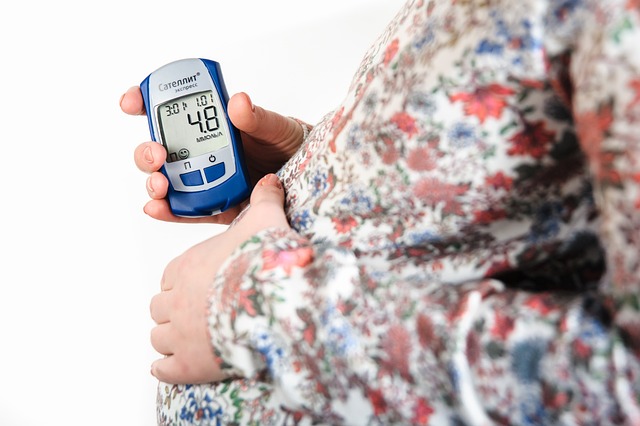Hey there! As a specialist in teratology information, I love sharing the latest insights on exposures during pregnancy, breastfeeding, or even before conception. Over the years, I’ve received a ton of questions about things ranging from hair dye to heroin. However, I never expected to get inquiries about tear gas and pepper spray during pregnancy. Yet, here we are!
With protests erupting across many cities in the U.S., many individuals are being exposed to crowd-control agents like tear gas and pepper spray. It’s important to note that around 50% of pregnancies in the U.S. are unplanned, which means some women participating in these protests may not even be aware that they’re pregnant at the time of exposure.
Tear Gas
Tear gas contains various chemicals that can cause tearing, irritation of mucous membranes, coughing, breathing difficulties, and skin irritation. One common chemical found in tear gas is 2-chlorobenzalmalononitrile (or CS for short). Every pregnancy starts with a 3-5% risk of birth defects, known as the baseline risk. Limited studies suggest that exposure to CS isn’t expected to increase the risk of birth defects beyond this baseline. Research hasn’t shown significant increases in miscarriages or stillbirths due to CS exposure either.
Pepper Spray
The active ingredient in pepper spray is capsaicin, derived from chili peppers. Exposure can lead to eye, skin, and mucous membrane irritation, along with coughing and difficulty breathing. Similar to tear gas, research on capsaicin during pregnancy is limited, but currently, it doesn’t seem to increase the risk of birth defects beyond the typical baseline.
For more information on crowd-control agents, the CDC has resources available to help you understand the risks and what to do if exposed.
Trauma and Stress
Trauma can stem from physical injuries or psychological stress, especially during chaotic events like protests. Individual reports have indicated varying pregnancy outcomes after experiencing trauma. The type and severity of trauma are key factors in determining the effects on both the mother and baby. Our trauma information sheet goes into greater detail about this.
Stress is a normal part of life, but these times are anything but normal. While stress alone is unlikely to increase birth defect risks, prolonged high stress can impact your overall health, potentially leading to issues like high blood pressure or depression. If stress is affecting your health, it’s a good idea to talk to your healthcare provider. For more on stress during pregnancy, check out our info sheet.
Additionally, with the gatherings happening, it’s crucial to practice social distancing and safety measures to prevent the spread of COVID-19. For updates on COVID-19 during pregnancy, this Healthline resource is an excellent read.
While it’s wise for pregnant women to minimize these exposures whenever possible, sometimes it’s unavoidable. Remember, even in tough times, if you have questions, you’re not alone—there are answers out there!
For those navigating challenges like endometriosis, you might find our post on navigating endometriosis with support from home insemination solutions helpful. And if you’re looking to boost your chances of conception, check out Make a Mom’s fertility supplements.
Summary
This article discusses the potential risks of tear gas and pepper spray exposure for pregnant individuals during protests, emphasizing the limited research around these substances and their effects on pregnancy. It also touches on the impacts of trauma and stress, while encouraging pregnant women to seek support and information.

